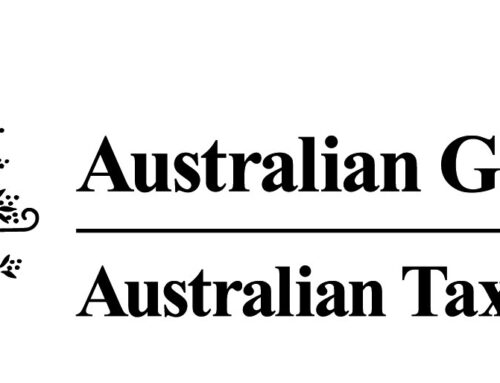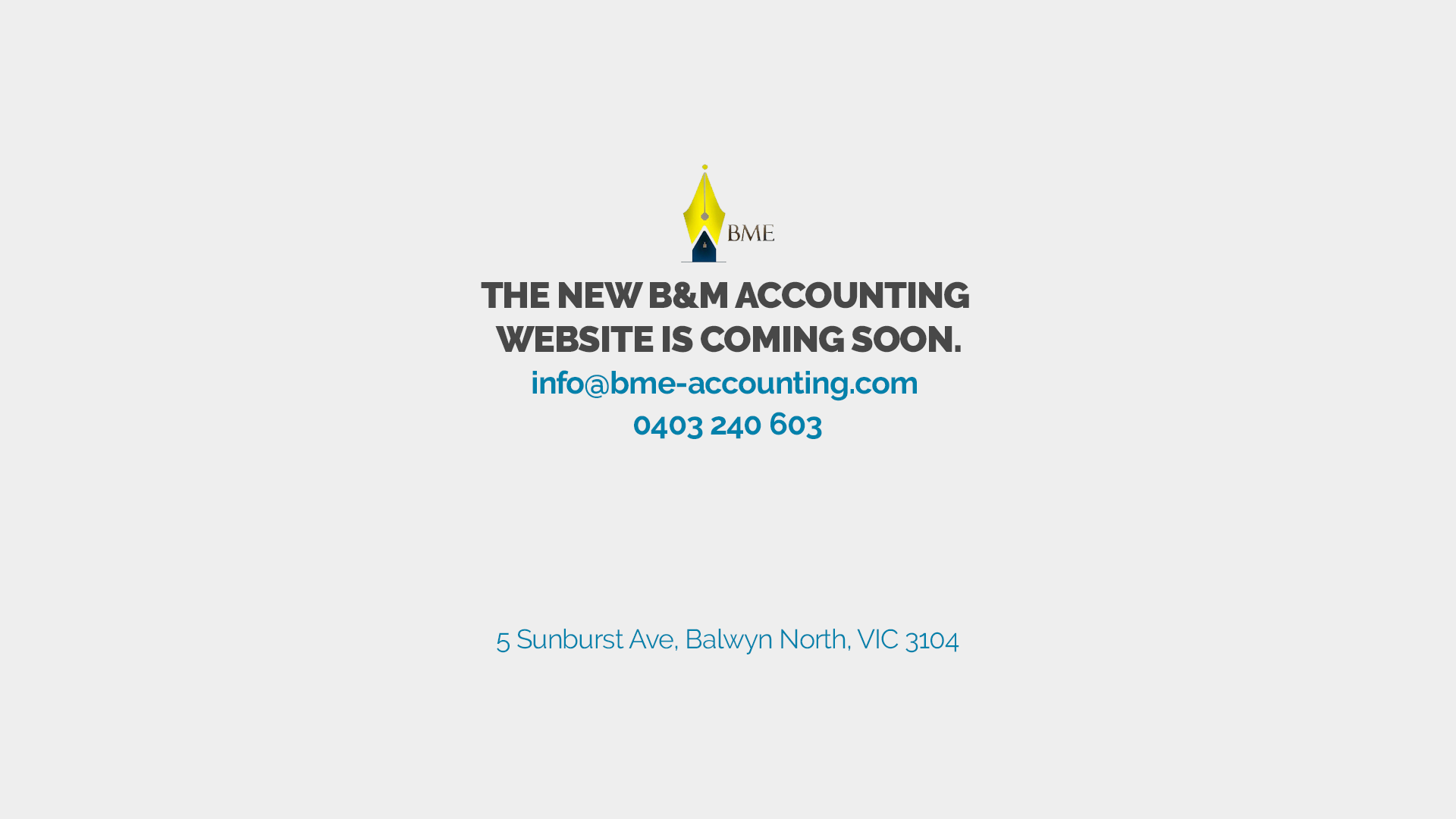As an employer, you must pay fringe benefits tax (FBT) if you have provided an employee with a fringe benefit. This is a complex subject – please contact our office to discuss your exposure and mitigation strategies.
This is to ensure that cash and non-cash benefits given to employees are taxed. It works by taxing you, the employer, for the amount of tax that an employee would have been required to pay had they received the fringe benefit as a cash payment.
Working out what constitutes a fringe benefit is not always straightforward. Today I’m going to detail:
• what a fringe benefit is;
• when you have to pay FBT; and
• when you don’t have to pay FBT.
What is a fringe benefit?
A fringe benefit is any form of remuneration provided to an employee, other than those that are subject to income tax, e.g. salary, wages, termination payments, allowances.
It can be difficult to differentiate a fringe benefit from an allowance. If you pay an employee an estimated amount to cover a business-related expense, such as a travel, you are paying an allowance.
Common examples of fringe benefits include:
• allowing an employee to use a work car for private use (including using the car to travel to and from work);
• providing subsidised or free parking;
• providing entertainment benefits, such as food, drink or recreational activities;
• giving an employee a cheap loan; and
• reimbursing an expense incurred by an employee, e.g. school fees.
Other types of fringe benefits include:
• property fringe benefits;
• debt waiver fringe benefits;
• housing fringe benefits;
• board fringe benefits;
• living away from home allowance fringe benefits;
• airline transport fringe benefits; and
• residual fringe benefits, for benefits that do not fall into another category.
When do you need to pay FBT?
As you know, you need to pay FBT when you provide an employee with a fringe benefit.
You are also liable for FBT when your employee receives a fringe benefit from:
• your associate, e.g. a partner, related trust or related party; or
• a third party under an arrangement with you.
Although you generally only have to pay FBT on benefits provided to your employee by a third party if you arranged for the third party to provide those benefits, you will sometimes be liable for FBT if you simply knew that the third party was providing benefits to your employee.
When don’t you need to pay FBT?
Certain benefits are exempt from FBT, including:
• most minor benefits valued under $300;
• laptop computers;
• mobile phones that are primarily used for work purposes;
• personal protective clothing and equipment;
• calculators; and
• tools of trade.
Benefits provided to contractors and volunteers don’t generally attract FBT




